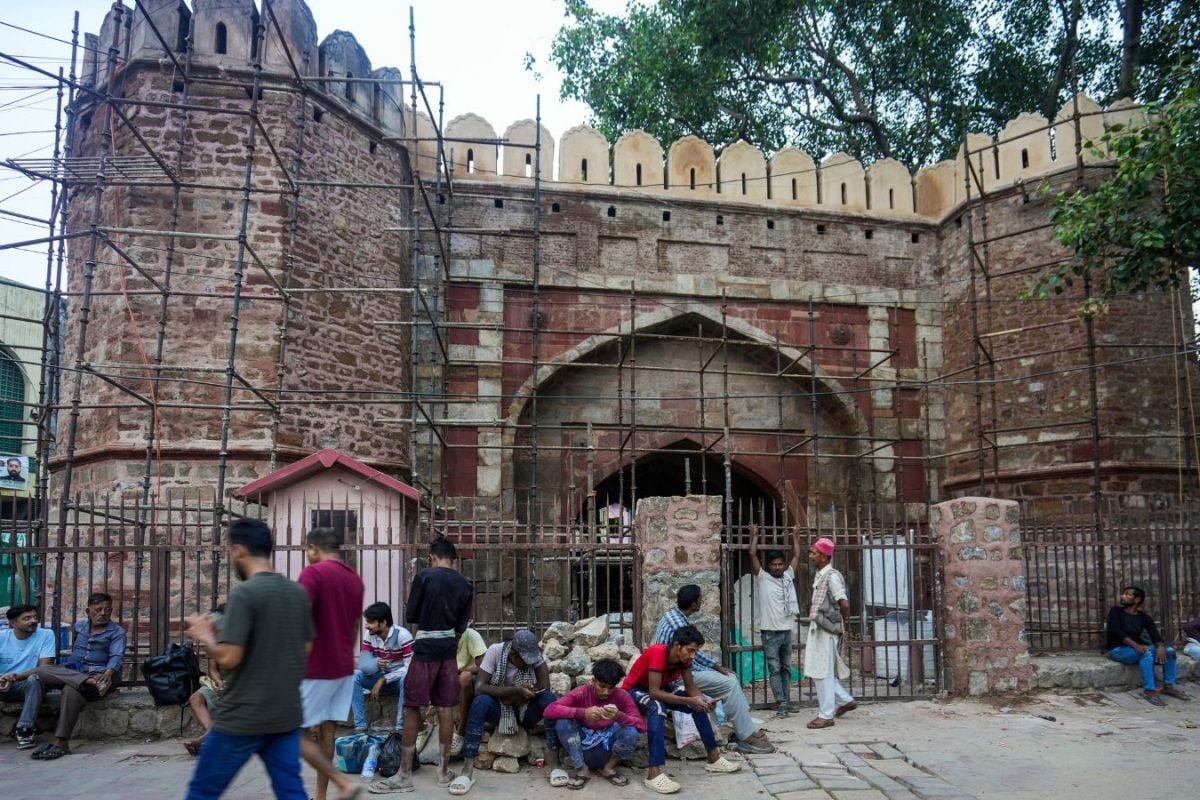

Fifty years ago, on June 25, 1975, India plunged into a state of emergency declared by then Prime Minister Indira Gandhi. This 21-month period, lasting until March 21, 1977, remains a controversial and significant chapter in India's post-independence history. Officially issued by President Fakhruddin Ali Ahmed under Article 352 of the Constitution due to prevailing "internal disturbances," the Emergency bestowed upon the prime minister the authority to rule by decree, allowing elections to be cancelled and civil liberties to be suspended.
Several factors contributed to Indira Gandhi's decision to invoke the Emergency. By the mid-1970s, India faced a multitude of challenges. Economic stagnation, fueled by the 1971 war with Pakistan and the 1973 oil crisis, led to high inflation and shortages of essential commodities. This economic hardship triggered widespread social unrest and protests. Simultaneously, the political landscape was becoming increasingly turbulent. In 1969, Indira Gandhi was expelled from the Congress Party due to infighting, leading to a split within the party. Opposition leaders like Jayaprakash Narayan and George Fernandes mobilized strikes and protests against her government, challenging her authority.
The immediate trigger for the Emergency was the Allahabad High Court's verdict on June 12, 1975, which found Indira Gandhi guilty of electoral malpractices in the 1971 Lok Sabha elections. The court declared her election null and void and barred her from contesting elections for six years. While the charges of bribery were dismissed, the court held that she had misused official machinery. This ruling triggered a massive political crisis, with opposition parties demanding her resignation. Although the Supreme Court allowed her to continue as Prime Minister pending the resolution of her appeal, the political pressure mounted.
On the night of June 25, 1975, Indira Gandhi advised President Fakhruddin Ali Ahmed to declare a state of emergency. In her address to the nation on All India Radio, she cited threats to national security and a "deep and widespread conspiracy" against her government as the reasons for this drastic measure. The government claimed that strikes and protests had paralyzed the government and severely hurt the country's economy.
The Emergency years witnessed a severe crackdown on civil liberties. The government imposed strict censorship on the press, and many media outlets critical of the government were banned. Political opponents, journalists, and dissenters were arrested and detained without trial. Over 100,000 people were imprisoned during this period, including prominent leaders like Jayaprakash Narayan, Morarji Desai, Atal Bihari Vajpayee, and L.K. Advani. Fundamental rights, including the right to free speech, freedom of assembly, and personal liberty, were curtailed.
Besides the suppression of dissent, the Emergency period was also marked by certain economic and social policies. The government claimed that the Emergency was necessary for economic development and political stability. However, controversial programs, such as the mass sterilization campaign led by Sanjay Gandhi, raised serious humanitarian concerns. Additionally, slum clearance programs and other initiatives were criticized for their authoritarian nature and disregard for the rights of those affected.
In January 1977, Indira Gandhi called for fresh elections and released political prisoners, unexpectedly ending the Emergency. However, the Congress party suffered a crushing defeat in the elections, and Indira Gandhi lost her seat. The Janata Party, a coalition of opposition parties, came to power, marking the end of Congress dominance in Indian politics.
The Emergency left a lasting impact on India's democratic institutions and political landscape. It served as a stark reminder of the fragility of democracy and the potential for abuse of power. In 1978, the Constitution was amended to prevent the recurrence of such a situation, substituting "armed rebellion" for "internal disturbance" as a ground for declaring an emergency. The events of 1975-77 continue to be debated and analyzed, offering valuable lessons about the importance of safeguarding civil liberties, upholding the rule of law, and preserving the democratic values that underpin Indian society.